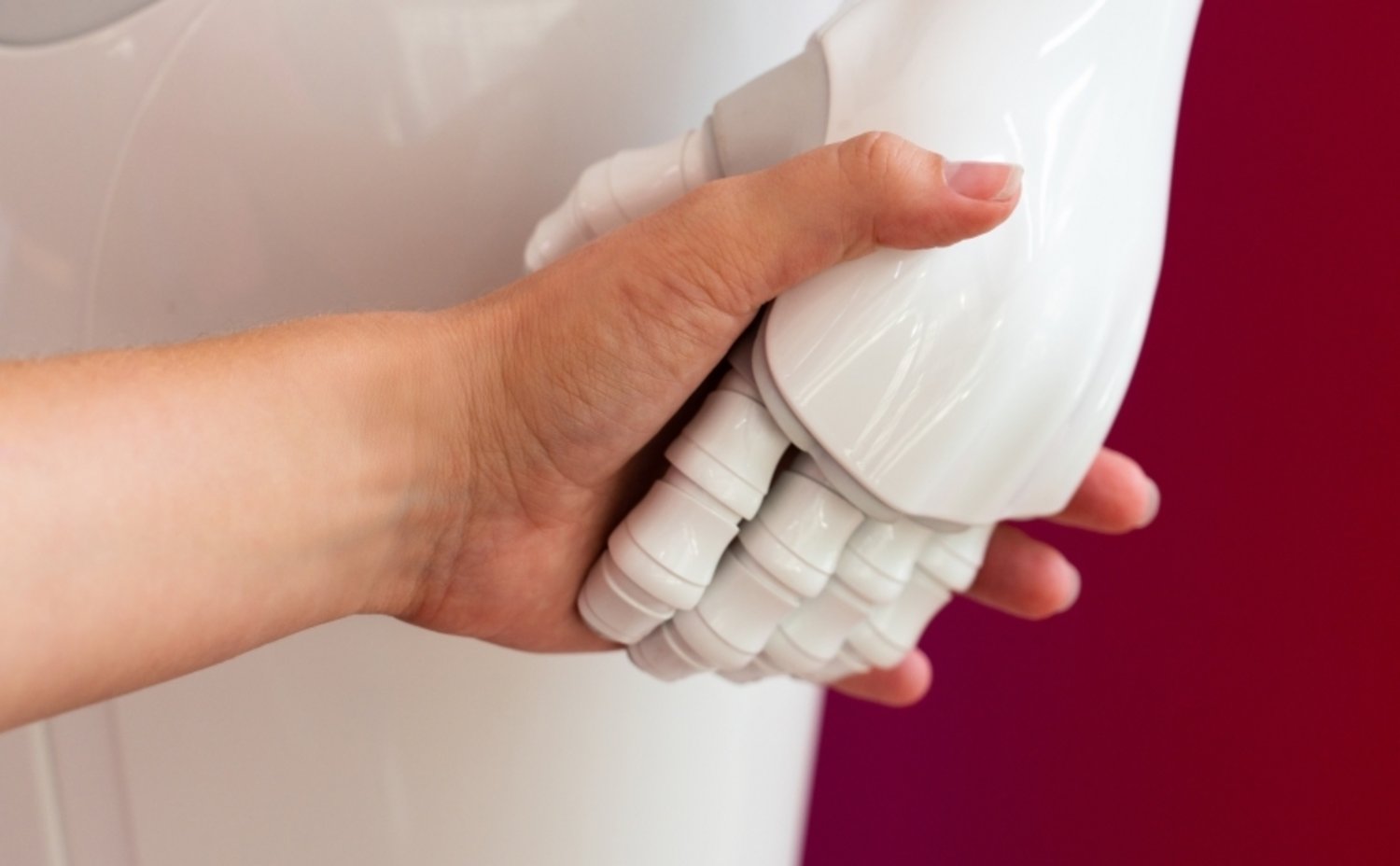Human-Technology Interaction in Medicine and Care
The success of technical innovations in medicine and care depends to a large extent on whether they are accepted and utilised by the target group. This applies equally to service providers in medicine and care (e.g. doctors, nursing staff, therapists) and patients. In our research work, we accompany the user-centred design of technical innovations in medicine and care from user research to evaluation. Key issues include ergonomics, usability/user experience, acceptance and the ethical and social implications of technical innovations.
Photo source: Scharfsinn86 - stock.adobe.com


AgeHearing-QoL
Psychosocial factors for the quality of life of ageing people with hearing loss: New approaches to care
Project management: Prof. Dr. Williger
Collaborators: Prof. Dr. Truebswetter, Prof. Dr. Kühnel, L. Incerti
Duration: 2025 - 2028 (3 years)
Funding: Innovationsausschuss beim Gemeinsamen Bundesausschuss
Partners: Charité-Universitätsmedizin Berlin, Universitätsmedizin Greifs-wald, Deutscher Schwerhörigenbund e.V., Deutsche Tinnitus-Liga e.V., Deutsche Stiftung Tinnitus, Hören Charité, WSAudiology, IGES Institut GmbH
Age-related hearing loss affects around half of the over-65s in Germany and is directly linked to quality of life. Early care is crucial - but one central starting point is often neglected: psychosocial factors.
Factors such as social support or adaptability can influence not only how people deal with hearing loss, but also their health behavior and, as a result, their quality of life.
The aim of the AgeHearing-QoL project is to develop a program that strengthens psychosocial factors in order to improve the quality of life of people with age-related hearing loss. In two consecutive studies, relevant influences will first be identified in order to develop a concrete intervention based on this and finally to derive practical recommendations for action.
Photo source: Andrey Popov - stock.adobe.com
HörTrain
Contact: Nicole Trübswetter, Bettina Williger
Duration: 2024 to 2026 (3 years)
Funding: Bavarian State Ministry of Science and the Arts
Associated partners: WSAudiology, Hörakustik Reiser, Landesverband der Schwerhörigen und Ertaubten Bayern e.V.
Research assistant: Tim Kreitmaier
Hearing loss has a high prevalence in old age, yet people with hearing loss can often maintain their quality of life for a long time without hearing aids. In particular, those affected are able to compensate for initial hearing difficulties or make them less noticeable. They develop a wide range of mostly unconscious strategies for this (e.g. choosing a quieter restaurant, avoiding large events).
As part of the HörTrain project, a digital training programme is being developed that allows people with hearing loss to learn such adaptation strategies and integrate them into their everyday lives with the aim of increasing their independence and quality of life.
The project is based on user-centred design (DIN EN ISO 9241-210 2020) and continuously involves both experts and future users (e.g. hearing impaired people and their relatives) in the development and evaluation of the programme.
Photo source: krakenimages.com - stock.adobe.com

Nursing 2023 - Project work in the B.Sc. in Engineering Psychology
Contact: Bettina Williger
Duration: Summer semester 2024
Partners: Haus Curanum Karlsfeld, Fraunhofer Institute for Integrated Circuits IIS, Korian Foundation
The number of people in need of care in Germany is continuously increasing. As a result, the demands on care are not only becoming increasingly complex, but also pose major challenges for carers. The aim of the Care 2030 project is to establish a reference facility in which innovative solutions for the care sector can be trialled. To this end, the inpatient care facility Haus Curanum Karlsfeld is being expanded with additional staff on the one hand and with digital infrastructure on the other.
B.Sc. Engineering Psychology students have evaluated the use of new digital care solutions at Haus Curanum with various professional groups as part of a project. These included the Pudu CC1 cleaning robot, the MD stationary digital care documentation software and the Livy Care sensor system for tracking residents' activity.
The students were able to apply various qualitative and quantitative methods of engineering psychology and use their work to gain valuable insights into the acceptance and utilisation of digital solutions for the Care 2023 project.
More information on the Care 2030 project at: https://www.korian-stiftung.de/pflege2030
Photo source: hikari_stock - stock.adobe.com

